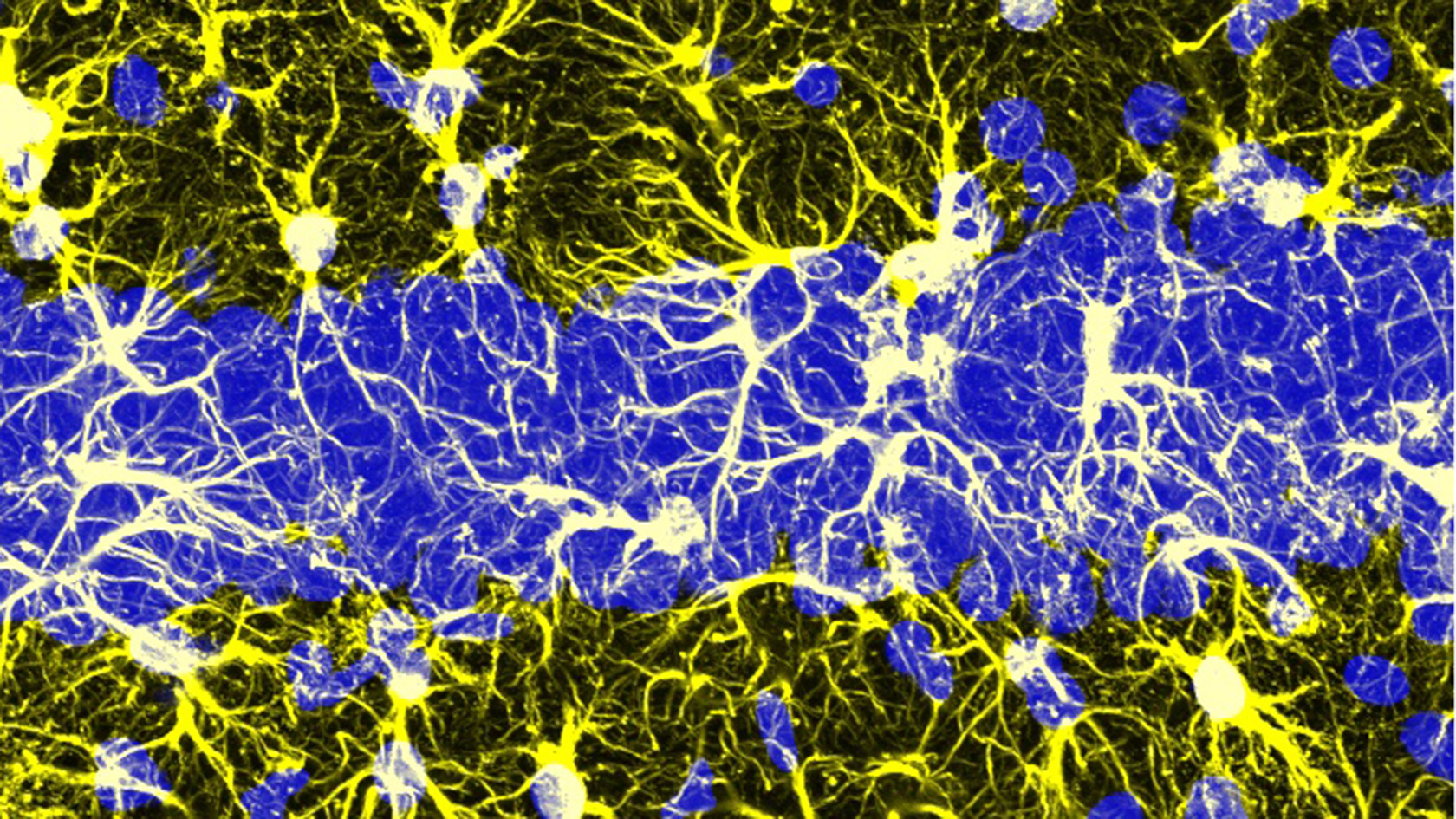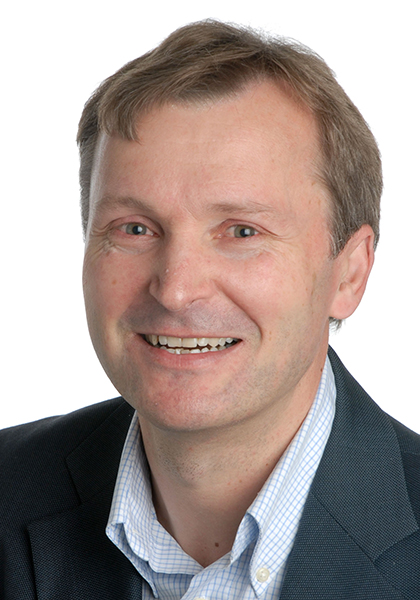Two Million for Memory Research

How the brain stores impressions and experiences and forms memory is one of the biggest unsolved mysteries of human biology. Fritjof Helmchen, professor of neuroscience at the UZH Brain Research Institute and head of the Neuroscience Center Zurich (ZNZ) has been working in this area for over two decades, including as co-director of the University Research Priority Program “Adaptive Brain Circuits in Development and Learning”.
Now the renowned expert has been awarded funding from the Swiss National Science Foundation for an unconventional project in the area of memory research. The researcher is set to receive CHF 2.3 million over five years in the form of an SNSF Advanced Grant to research a new “neuronal-astroglial theory of memory formation in the hippocampus”.
Underestimated glial cells
The project focuses on the interactions between neurons and supporting glial cells in the hippocampus, a region deep inside the two hemispheres of the brain that is important for the formation of memory. While memory researchers have so far focused on the role of neurons, i.e. the nerve cells that conduct electrical signals and exchange them via synapses, glial cells have been largely disregarded and dismissed as insignificant support cells. Now a paradigm shift is on the horizon.

Analyzing the role of astrocytes is likely to yield new fundamental insights into long-term memory.
Evidence is mounting that glial cells – specifically astrocytes – also communicate with neurons and contribute to memory formation. These new and largely unexplored interactions between neurons and astrocytes are at the core of the project and will be analyzed using the latest high-tech methods such as optogenetics and 2-photon imaging.
“Analyzing the role of astrocytes is likely to yield new fundamental insights into long-term memory,” says Fritjof Helmchen. As disorders in the hippocampus, including in the astrocyte network, are associated among other things with dementia and epilepsy, the researcher believes new insights into the causes of these diseases may also be revealed. In addition, the findings could further the development of artificial intelligence and deep learning networks. The project thus has huge potential, but whether the expectations will be fulfilled remains to be seen. Helmchen openly admits that this is a high-risk project – but one that has nevertheless won the SNSF assessors’ seal of approval.
Coveted SNSF Grants
The SNSF Advanced Grants were introduced by the Swiss National Science Foundation to plug the gap left by the missing European Research Council (ERC) Advanced Grants due to restrictions on Swiss researchers’ participation in the Horizon Europe research program for the last two years. On 23 August 2023, the SNSF announced the 18 winning projects from 2022’s call for proposals which will be granted funding of around CHF 41 million in total, among them the project of Fritjof Helmchen at UZH. A total of 91 applications were assessed.